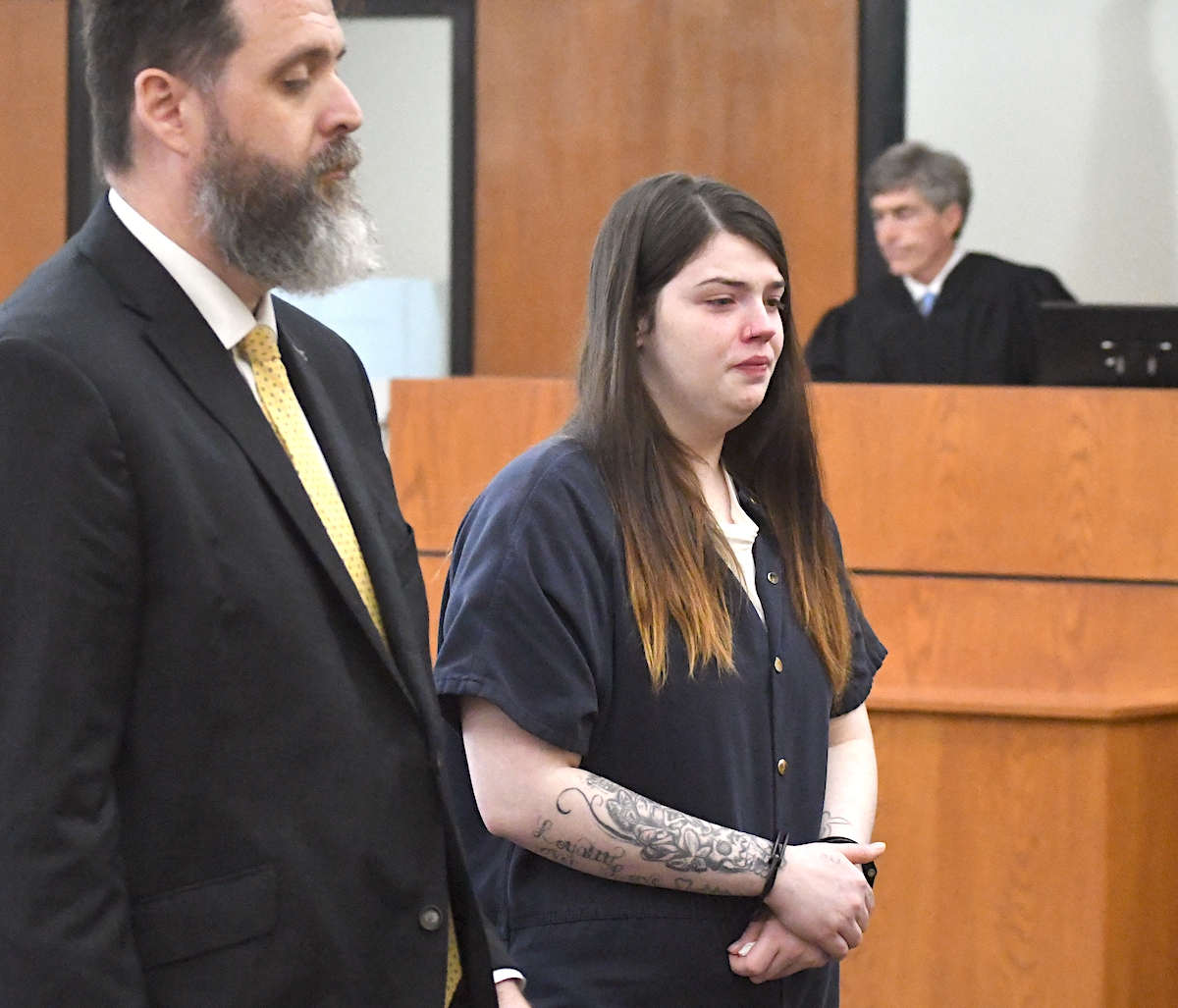Doing some research can make you a better patient
Published 9:50 am Tuesday, September 10, 2024

- Ronald S. Dubin, M.D
By Dr. Ronald S. Dubin
Guest Columnist
I recently finished watching “The Resident”, a 2022 Netflix series which portrays a physician in training at a make-believe hospital in Atlanta. I suppose this show piqued my interest since I too was a resident orthopedic surgeon for five years in the past. I wanted to reflect back on the realities of never having time to sleep, taking orders from attending physicians, senior residents, and having to learn an entire profession in only 5 years.
I was hoping that the show would be realistic and present situations in real life. Netflix, I have learned, would rather sell their advertisements, subscriptions and their stocks by creating unreal life drama episodes filled with emotional stir grinding acting with the musical staccato to make the show eye popping. The acting, though good, was far from reality and I found myself getting frustrated with every patient getting surgery, or life-threatening bleeding or heart attacks.
Another problem I had was how there was little emphasis to discuss a differential diagnosis, a must for ruling out or in a medical diagnosis. Everyone on the show, it seemed, needed surgery.
I have always been taught to follow mainstream medicine and do what is always in the best interest of the patient and basing this on peer reviewed data. I always avoided fads that really never made sense like the once popular Birmingham hip replacement procedures, or the medical Fen-Phen craze and now the use of certain insulin products for weight reduction (the latter will fade eventually, just watch and see). I pretty much thought that most doc’s followed protocols which were encased with medical facts and sound reasoning. Sure, every diagnosis can be treated within a spectrum of options, but some diagnosis should be clear cut and the treatments follow more narrowly focused plans. But how wrong I was.
Take the orthopedic website Orthobullets.com which is a legitimate respected online peer-reviewed source for concise orthopedic facts. Only physicians and other healthcare workers are allowed to log on, but most are orthopedic surgeons. The site gives weekly case reports for interesting patient problems summarizing the history, physical exam, and radiographic examinations and we are asked to respond to their diagnosis and treatments. The multichoice answers are tabulated anonymously. Some are easy problems; some are more difficult. What amazes me is how doctors interpret the data completely different from what I would perceive to be straight forward problems. Simple fractures, for example, are answered with an array of varying options.
Patients that I see for second opinions on bulging discs, which is a very common problem in patients over 50 years old, have been given multiple options. As you would expect, if she saw a neurosurgeon, lots of times surgery was advised. Go to a physiatrist, PT was ordered. Opinions do vary and in many instances the difference between night and day. Even disagreements on the diagnosis for patients’ having surgery . How do you discuss surgical options if we can’t even agree on the diagnosis preop? And do you really need an operation!
Trending
Much disagreement amongst physicians comes from their training experience and the environment of the hospital and fellow surgeons. This can’t be ignored nor minimized. However, how is a patient going to decide what’s best for themselves? When they get a second opinion, they usually assume that the second opinion is better than the first. But is it? Unfortunately, there are no good sources available where a patient can access and derive the best evidence-based data in lay terms. Orthobullets is a very objective and very well created site. Wikipedia is another good source (peer reviewed) as well as the National Institute of Health, but unfortunately these are not made for the average person and the answers to their questions will not be readily apparent nor answered.
Stay away from websites that promote magical cures. Get second and maybe third opinions and educate yourself as best as you can on which way to proceed. Ask your physician friends if they could help you out. If you really want to study your situation, Google your problem and then add “scholarly articles” at the end of your medical search. You’ll avoid heavy promotions, advertising, and non-scientific websites. Just be prepared to read these articles slowly while googling the unfamiliar words as you read. Besides, getting a good education of your condition will make you a better patient and ask better questions.
There are a lot of doctors that tell you that you have to have this elective procedure. Hogwash #1. If it’s an elective, it’s not that urgent. It’s like plastic surgery. Usually this is for cosmetic purposes and is optional! I tell my patients all the time if it’s not painful, cancer, or life threatening you decide if and when surgery is right. Lots of my patients come to me for a second opinion and ask if they really need this hip or knee replacement, or a fusion of their neck or back that their previous doctor said they she had to have! Hogwash #2. I cannot imagine a situation where a patient has to have a total joint replacement for degenerative arthritis (certain fractures excluded). What they’re really telling you is they need to pay down their loan on their boat. Let pain be your guide. Pain alone will tell you when you need this very elective operation. And remember, the longer you can wait for this the less load demands you will place on your new hip and the better the technology will be. This is a win-win for you.
Patients need an unbiased book written in lay terms that allows them to really think about what their best interest is. Until then, follow your instincts, be savvy, ask questions, and do some research. Get plenty of information from legitimate internet sources, friends, and most importantly follow your gut. Don’t assume anything. If you want to go to the Mayo Clinic for a second opinion, don’t just call up the switchboard there and ask for a referral. You are not going to the clinic building; Bricks don’t treat medical conditions. You are going there to see a specialist that was recommended for you to see. Get a referral to a specific physician that you can trust. There are good and bad doctors everywhere. Stay aware. And most of all, always remember you are the patient.






